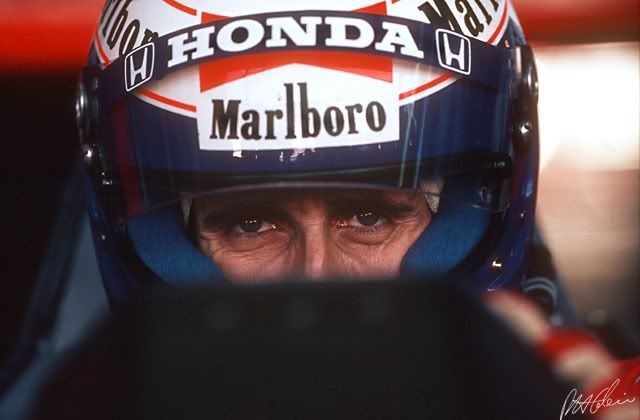It was never that simple.Pandamasque wrote:Max had his chance but kept implementing the exact opposite policy for how many years?
- Login or Register
No account yet? Sign up
It was never that simple.Pandamasque wrote:Max had his chance but kept implementing the exact opposite policy for how many years?
Sorry but a brief diversion into the politics is I think relevent to the thread topic. I agree not the insults.mx_tifosi wrote:Why is there little to no engine talk in this last page?
This thread is dedicated to what will come after the current engine. Please keep it that way. That means avoidance of politics and personal comments.
Good Call.mx_tifosi wrote:Why is there little to no engine talk in this last page?
This thread is dedicated to what will come after the current engine. Please keep it that way. That means avoidance of politics and personal comments.

This french site reports under the head line "2013 - The era of bi-turbo?" that the GRE will make its planned entrance and will have a KERS capacity of three times the 2009 limit.TomorrowNewsf1.com wrote:Il semblerait que les motoristes ont déjà fixé les grandes lignes de ce que sera la motorisation future en Formule 1. Tout d’abord, un moteur avec 4 cylindres en ligne contre 8 sur les blocs actuels. La compensation se ferait par le biais d’une suralimentation exercée par deux turbos ! Le tout pour une cylindrée estimée à 1,5L.
Autre point, le système de récupération d’énergie cinétique (KERS) ferait son retour mais avec une puissance multipliée par trois comparée à la saison 2009.



I don't think that power release will tripple, just the energy that can be harvested from braking.JohnsonsEvilTwin wrote:If they are going to get over 200BHP from KERS this is going to be spectacular!
If Todt is behind this Im beginning to see the light in terms of what he brings to the table technically speaking.
They should keep the time on KERS the same though as I think that was just about right.

So now we get support for a twin turbo charged small GDI petrol engine from Ferrari. Earlier already Haug said:Ferrari's CEO Amedeo Felisa wrote:If F1 has to develop something helpful for real driving conditions, then the best solution is for an engine that is turbocharged and GDI," said Felisa. "That is what we would support. It is the best solution for driving efficiency and utilisation of the engine in a positive way.
So Haug is also supporting a petrol engine because diesels would need catalytic soot filters to handle NOx emissions and that would not allow the noise that is part of the spectacle.Norbert Haug wrote:The fascinating thing about Formula 1 is it's fast, it's loud, it's on the limit. We can discuss green initiatives, but Formula 1 needs to be technically driven.... We need to be mindful that we are building the cleanest cars we can. The engine will be downsized in 2013 because the fuel consumption has to go down, and we need to cut carbon emissions. But we must not think that a 700bhp engine is going to be the greenest car ever, because that's not great.

I definately agree it has to have a great sound. Injecting a tiny amount hydrogen into the cylinder to initiate the combustion can dramatically reduce NOx in gasoline engines according to research. I wonder could this be applicable to diesel engines? That would mean you wouldnt really need a catalytic converter. Also hydrogen is louder than petrol when burnt in an engine.WhiteBlue wrote:diesels would need catalytic soot filters to handle NOx emissions and that would not allow the noise that is part of the spectacle.

a 1.5ltr twin-turbo v6 would be brilliant!Holm86 wrote:1.5l turbo GDI would be very nice i think ... but it should not be limited in the number of cylinders allowed. if the regulations for 2013 says it has to be a 4 cylinder then it sucks!
really hope there will be no limit on cylinders.